YEARS 7 - 9
We understand that students in Years 7, 8 and 9 are undergoing rapid changes physically, mentally and emotionally, and that these years are where peak brain and cognitive development occurs. In the Middle School, we offer a broad curriculum and a dedicated space with exclusive teachers, focused on providing sustained, individual attention for all students
St Luke's was the first school in the region to implement a dedicated Middle School cohort because it understood that during adolescence there are peaks in brain and cognitive development, and students experience more rapid and dramatic changes to their minds, bodies and personality.
In the Middle School, our primary goal is to provide our students with a developed curriculum and structure that is most appropriate for young adolescents during this unique and challenging time in their physical, emotional and mental development.
With a strong focus on guiding and nurturing the whole child, Middle School students are well supported as they transition from Primary School. A strong Pastoral Care Program, alternative learning environments and rigorous transition programs combine to support students to be the best they can be.
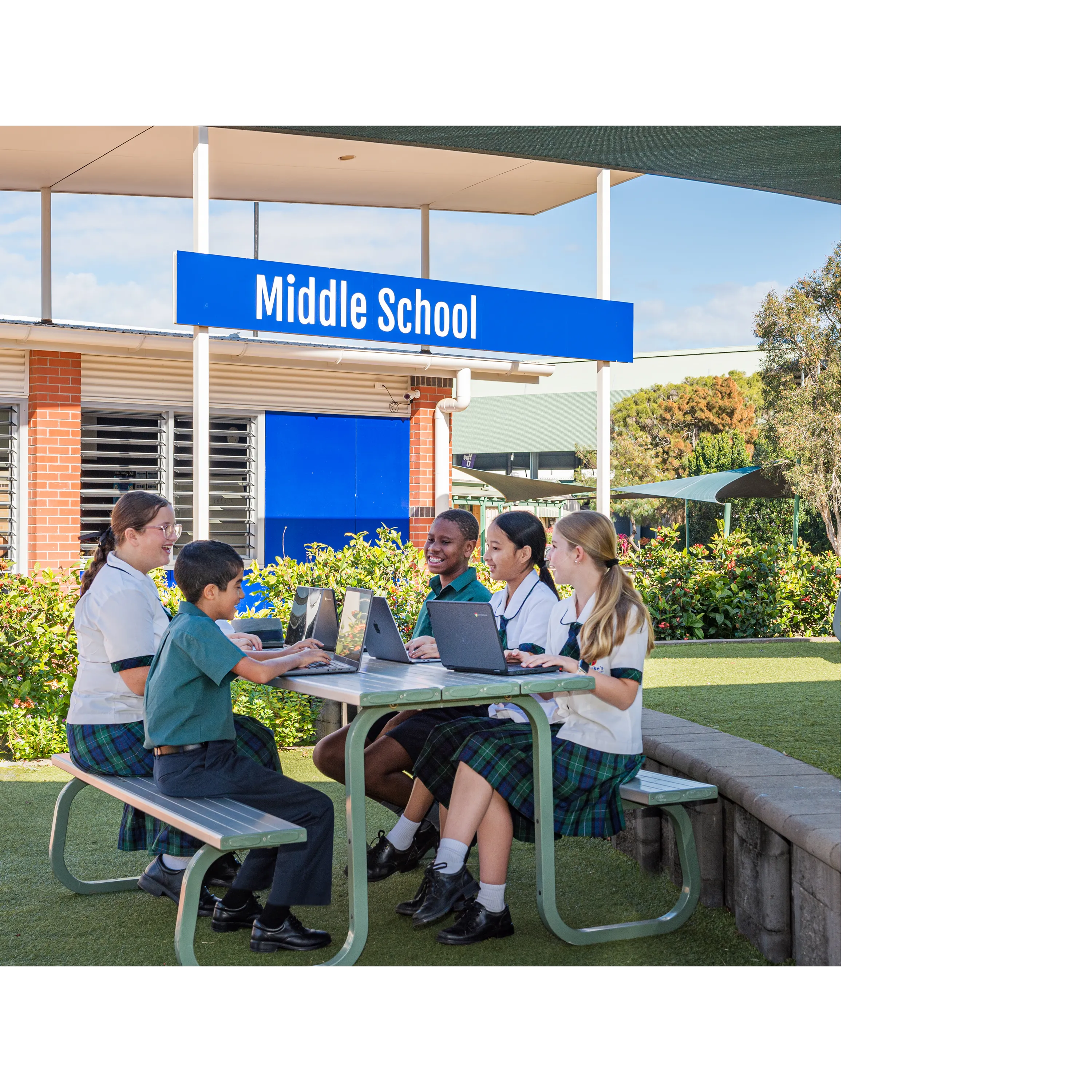
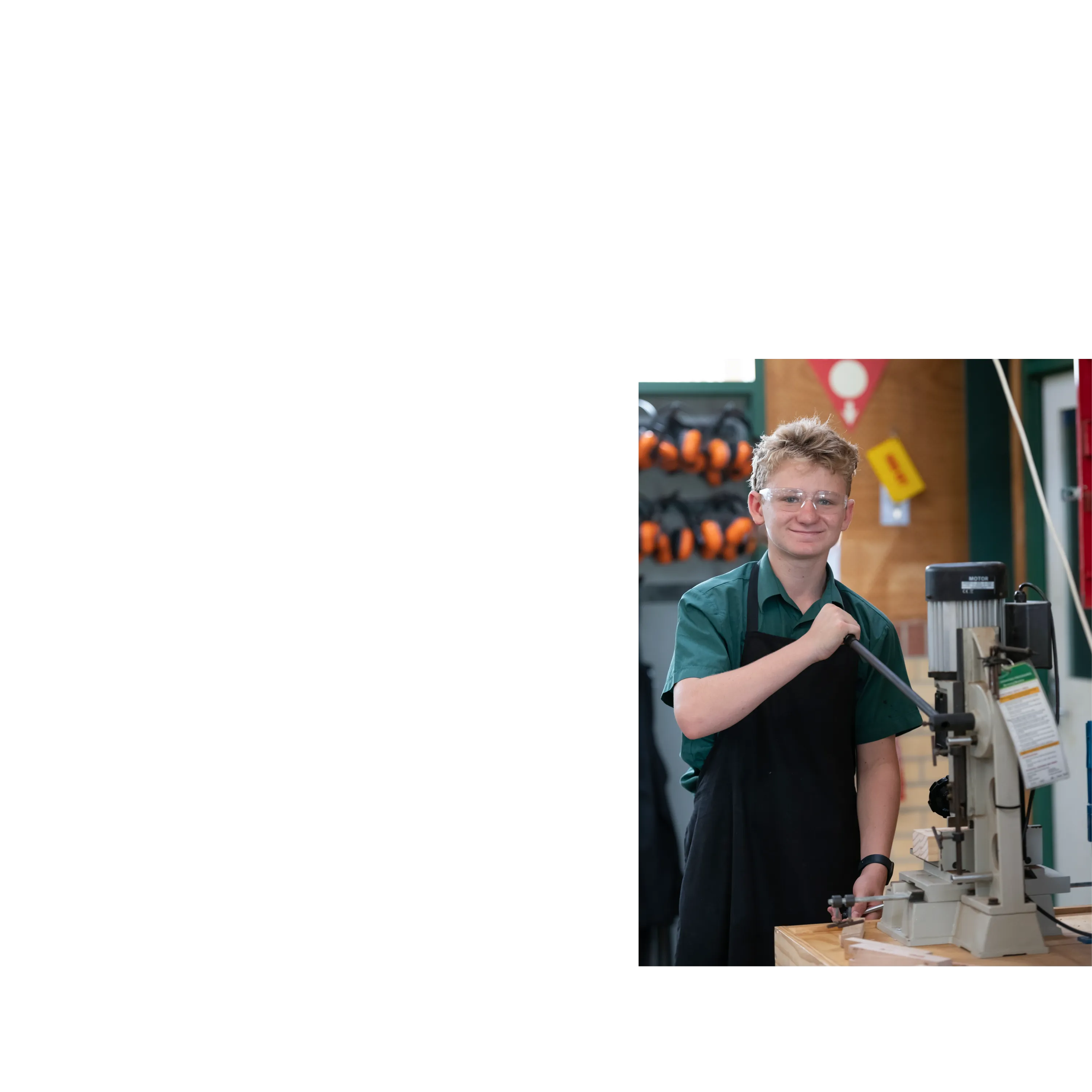
The Middle School curriculum provides more diversity in relevant and challenging subjects which develop higher order thinking strategies. Students enjoy the freedom to engage in a range of subjects and activities, designed to encourage individual interests.
Within the Middle School, there is an emphasis on strong student-teacher relationships and parental and community involvement in student learning is strongly encouraged.
Beyond the classroom, Middle School students have the opportunity to participate across a wide variety of sport, cultural activities, social causes and volunteer roles, leadership and mentoring roles, public speaking, intellectual challenges and competitions.
For more information regarding our Middle School, download our Middle School Handbook from the button link below.
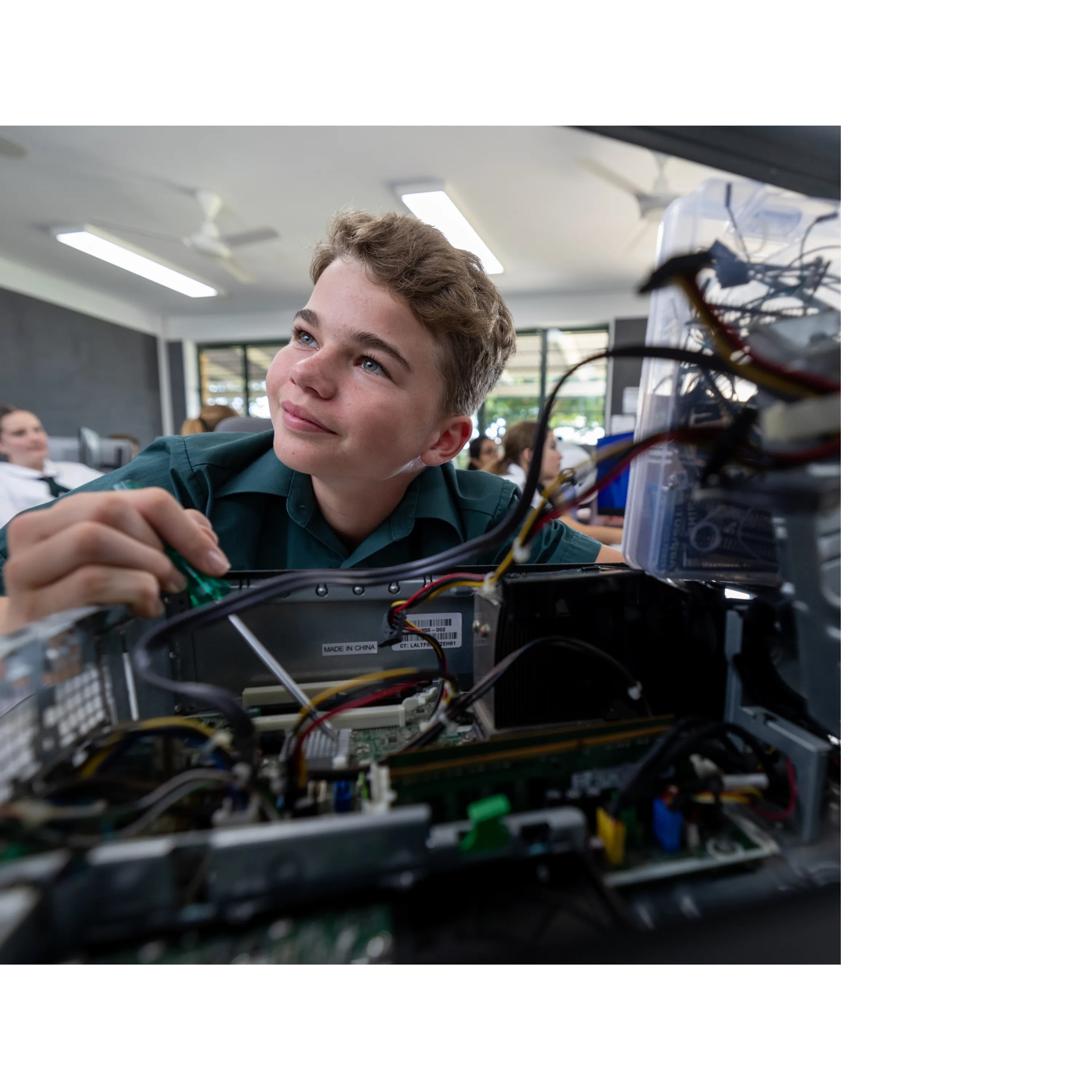
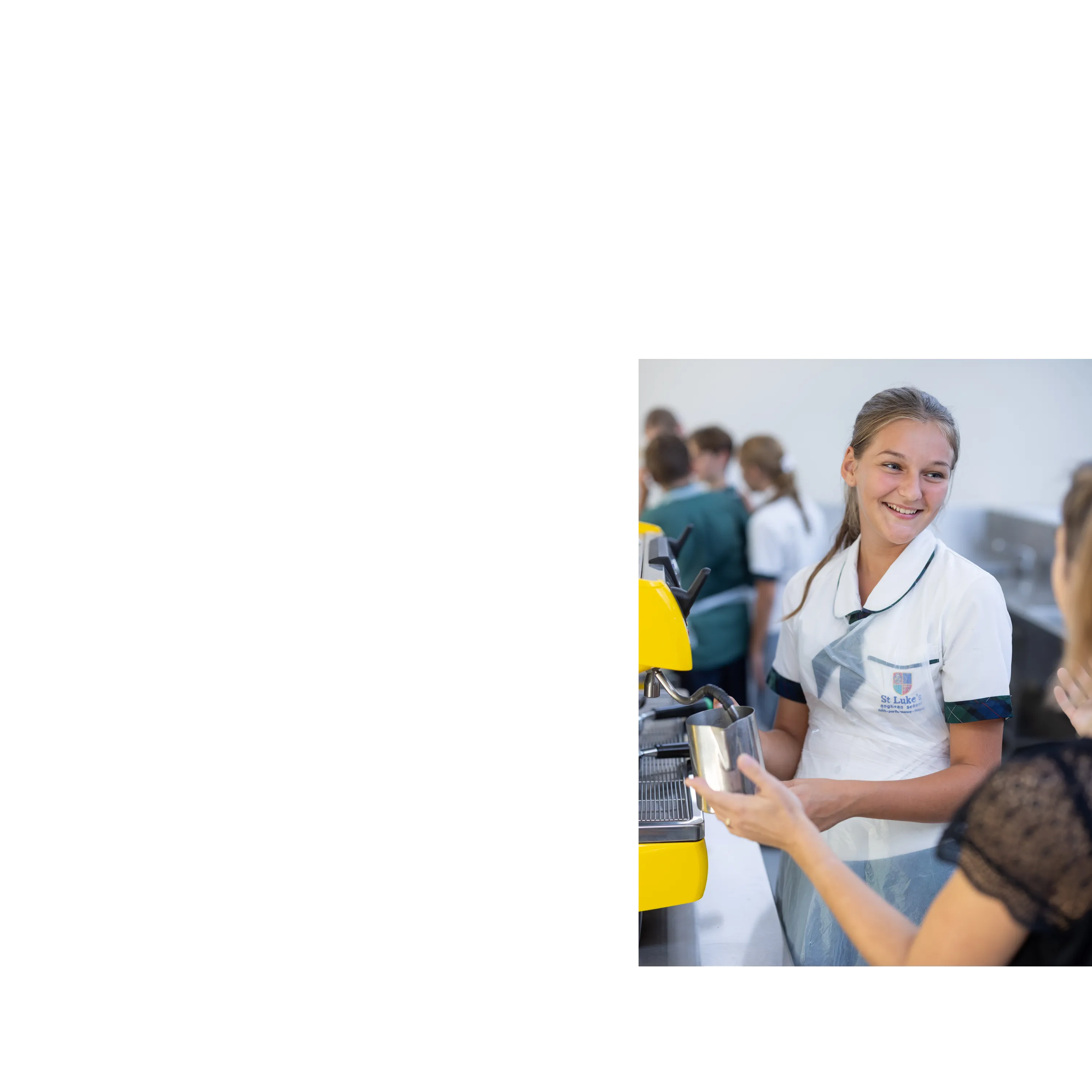
In Years 7, 8 and 9, St Luke's students will learn:
English
Mathematics
Science
History and Geography
Ethics and Faith
Health and Physical Education
Philosophical Inquiry
Students in Year 7 rotate through the following subjects:
Music
Art
Drama
Engineering Technology
Digital Technology
Japanese
In Years 8 and 9, students may additionally learn:
Multi Media Arts
Food Technology
Art
Music
Drama
Engineering Technology
Digital Technology
Japanese
In Year 9, students may additionally learn:
Future Thinkers
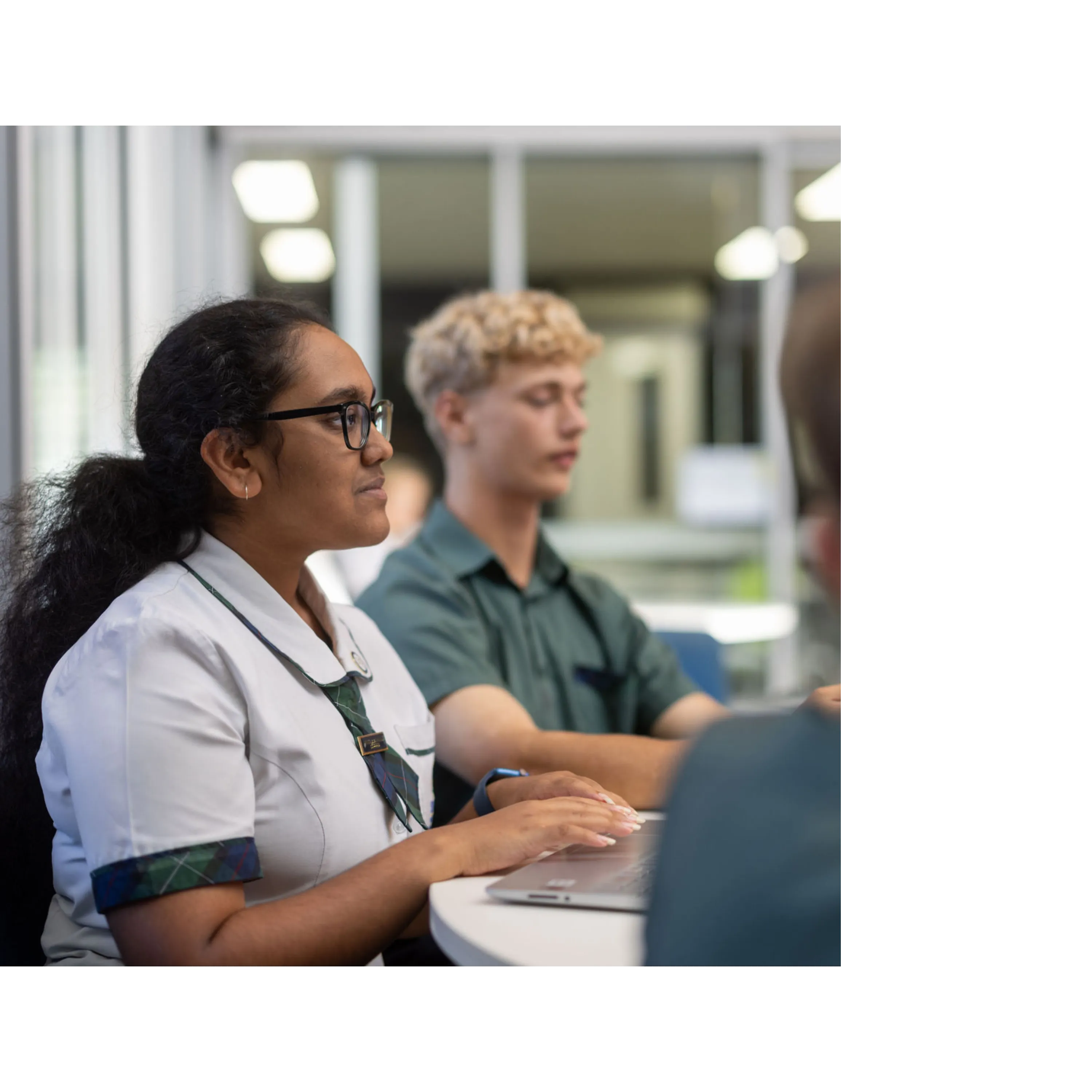

Student leadership in Middle School provides opportunities, considered essential in the development of self-esteem, emotional growth and confidence. St Luke's students have many opportunities to develop responsible behaviour during their time at the School by undertaking any of the following formal Middle School leadership positions
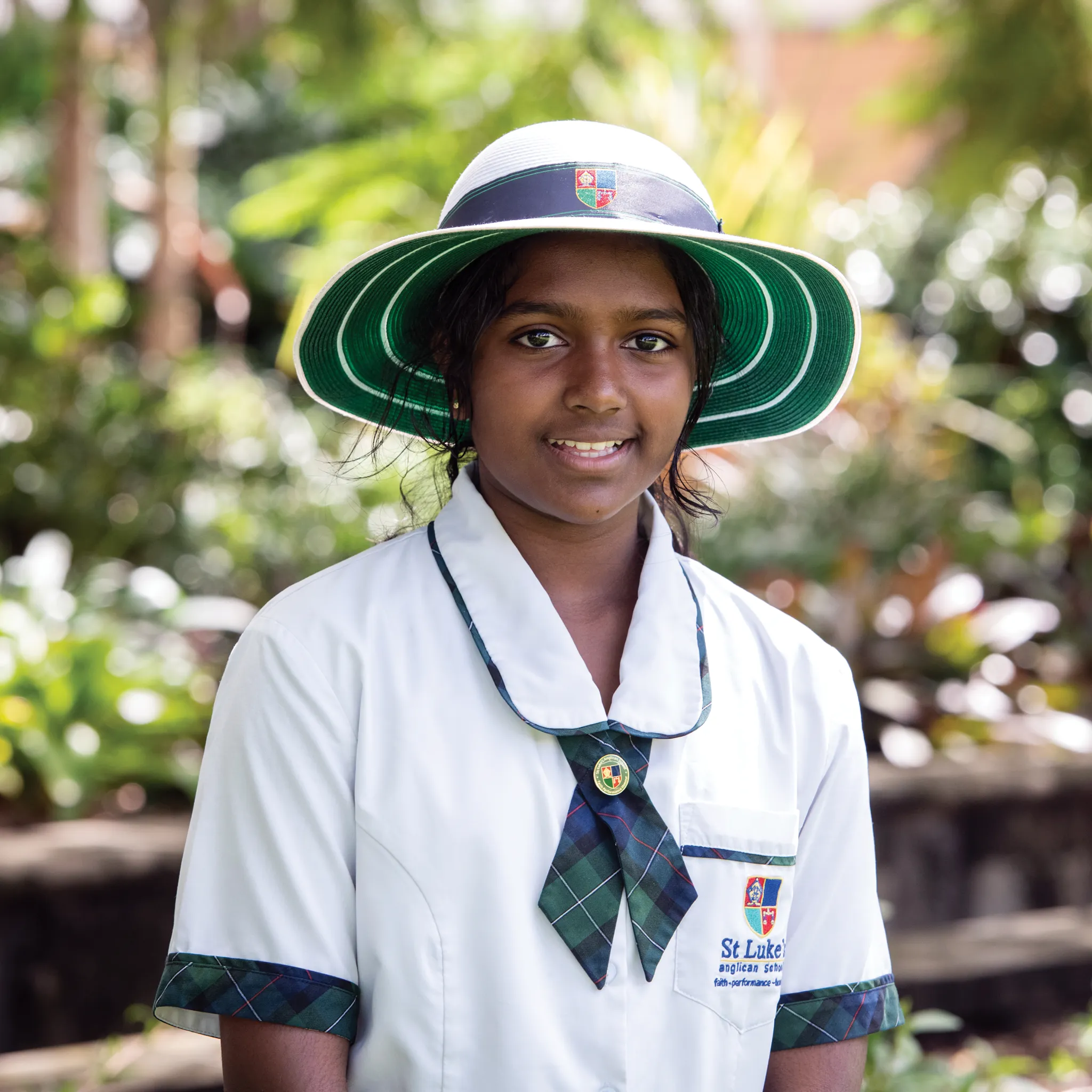
"I value the community at St Luke's the most. It is a great community where teachers, students and parents all have a clear understanding of the St Luke's Way."
© 2024 St Luke's Anglican School. All Rights Reserved.
ABN 11 262 640 922 CRICOS No. 01317D